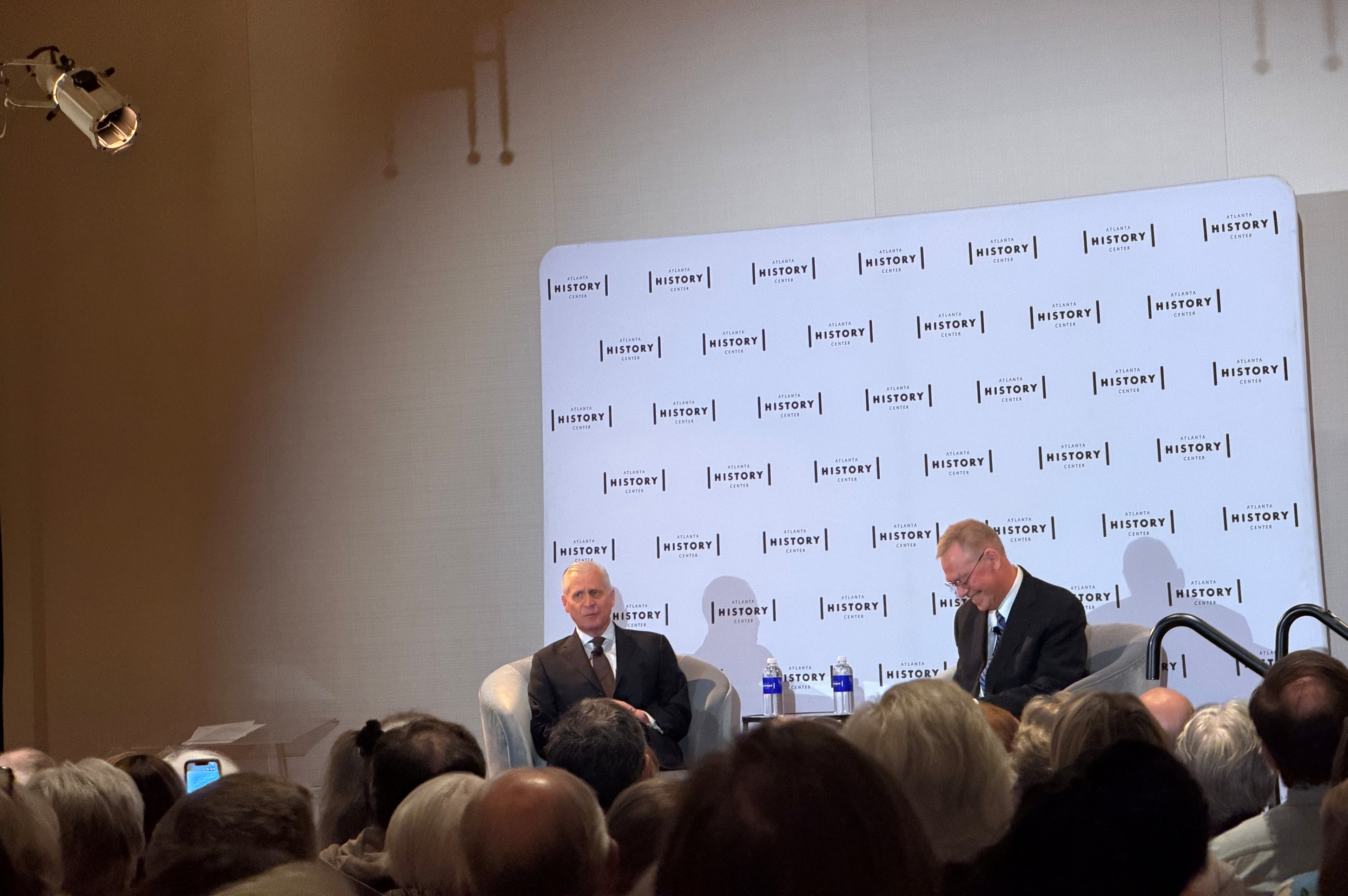Opinion: The long journey to vanquish hate must continue
I grew up in Pittsburgh with Cecil Rosenthal, one of the victims of the hideous massacre in Squirrel Hill. Cecil had some developmental disabilities, and he only saw good in the world. All week, I’ve thought of the image of Cecil welcoming everyone into Tree of Life Synagogue. He probably welcomed the gunman with a warm smile and offered him a prayer book.
My Squirrel Hill was a place of comfort and safety. I grew up with dozens of my extended family members within a few miles. The neighborhood was home to African-Americans, Asians, Italians, Germans, Poles, Catholics and Jews. We lived in harmony, sharing parks, schools, community centers, and places of worship.
When I was ten, I had the life-changing experience of attending Camp Barney Medintz, the summer camp affiliated with the Atlanta Jewish Community Center. I returned for many summers and grew strong roots in Atlanta. This vibrant city on the rise seemed so full of opportunity and so open to new ideas. One morning during my junior year at the University of Pittsburgh, I woke up, dropped all my classes and drove my Volkswagen bus to Atlanta to enroll at Georgia State University.
Squirrel Hill taught me about community, and Atlanta opened my eyes to greater possibilities. The city of Rev. Martin Luther King Jr. would be the capital of the New South, where blacks could prosper, gays were accepted, developers built big bold things, creativity was rewarded and fortunes could be made. Atlanta’s Jewish community was welcoming, proud and connected, offering the chance for a thriving Jewish life woven into the broader community through Hunger Walk, the Pride parade, Ben Massell Dental Clinic and so much more. Atlanta even had a Jewish mayor.
Atlanta has grown significantly since I arrived, and our sprawling geography works against the tight-knit feeling I knew in Squirrel Hill. Yet, across our vibrant neighborhoods we have shown in recent days that we are still one community standing together against hate. I spent the week attending vigils, comforting and being comforted by friends and family. I was especially moved by the memorial service at the Temple, where I participated with Atlanta Mayor Keisha Lance Bottoms and clergy from all faiths. It was standing room-only in the historic synagogue that was bombed more than a half a century ago, pews and aisles filled with Atlantans of many faiths and ethnicities awed by the grandeur of the space, heads bowed in prayer one minute, standing to applaud another. This is the Atlanta that has so much to offer the rest of the world.
Today marks the end of a week since the Pittsburgh massacre. In Judaism, the seven days following a death is called shiva, a time of retreat for dedicated mourning. When shiva ends, Jewish tradition has a brilliant ritual — a formal act of getting up and walking outside the home to mark our re-entry into daily life. And so today, we will step back into daily life, honoring Pittsburgh – in front of the Steelers game, of course. But we will not simply go back to living as we were. This marks just the beginning of the crucial work that lies ahead to stamp out hate.
The journey will be long, and it will be trying. As we learn in the Jewish book of Pirkei Avot: “It is not incumbent upon you to complete the work, but neither are you free to desist from it.” Let’s start simply. Squirrel Hill was Mr. Rogers’ neighborhood, and his words can guide us: Begin, as we’ve done this past week, by reconnecting with your neighbor – across geography, demography, faith and more.
Eric M. Robbins is the president and CEO of Jewish Federation of Greater Atlanta.


